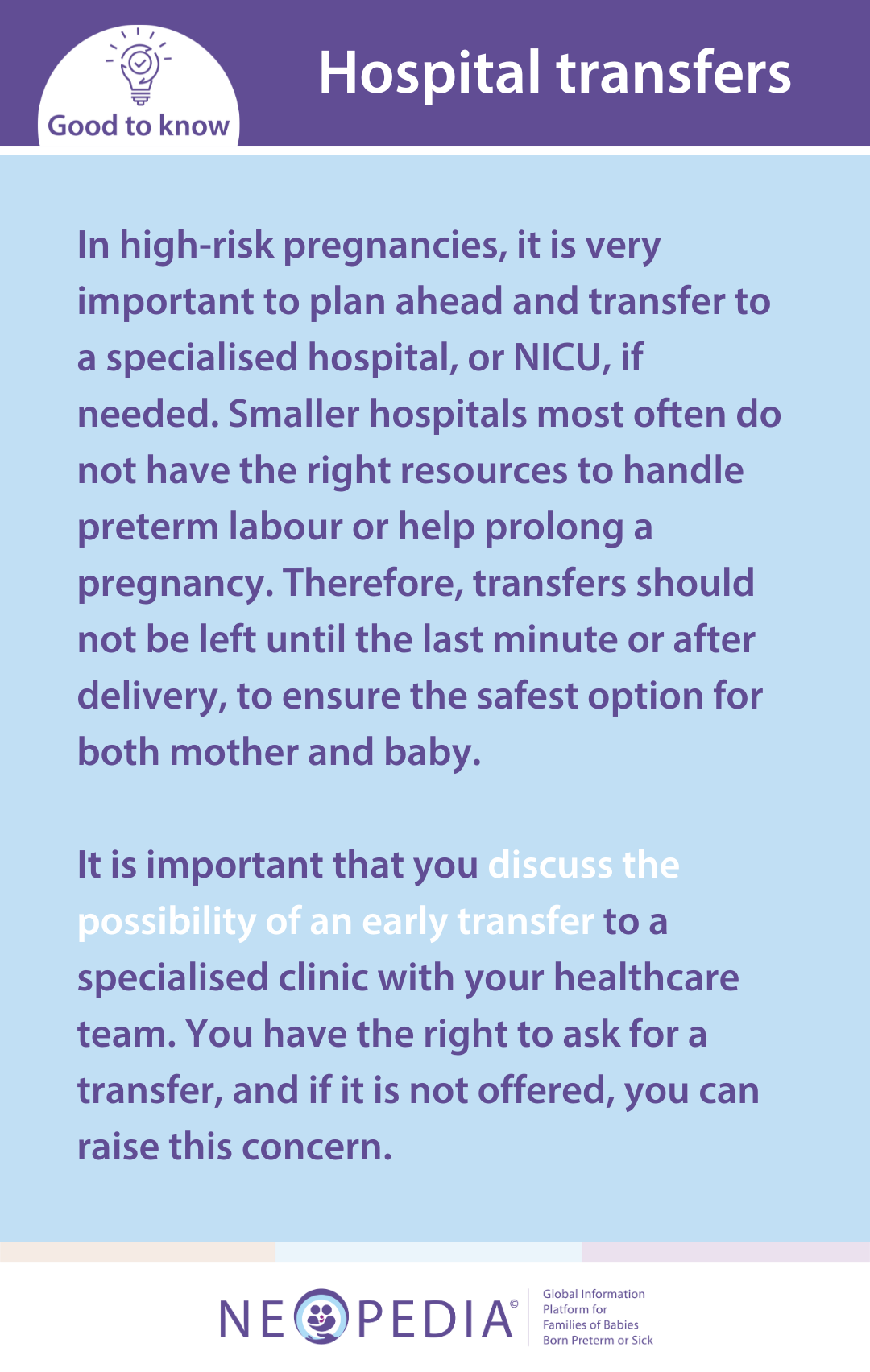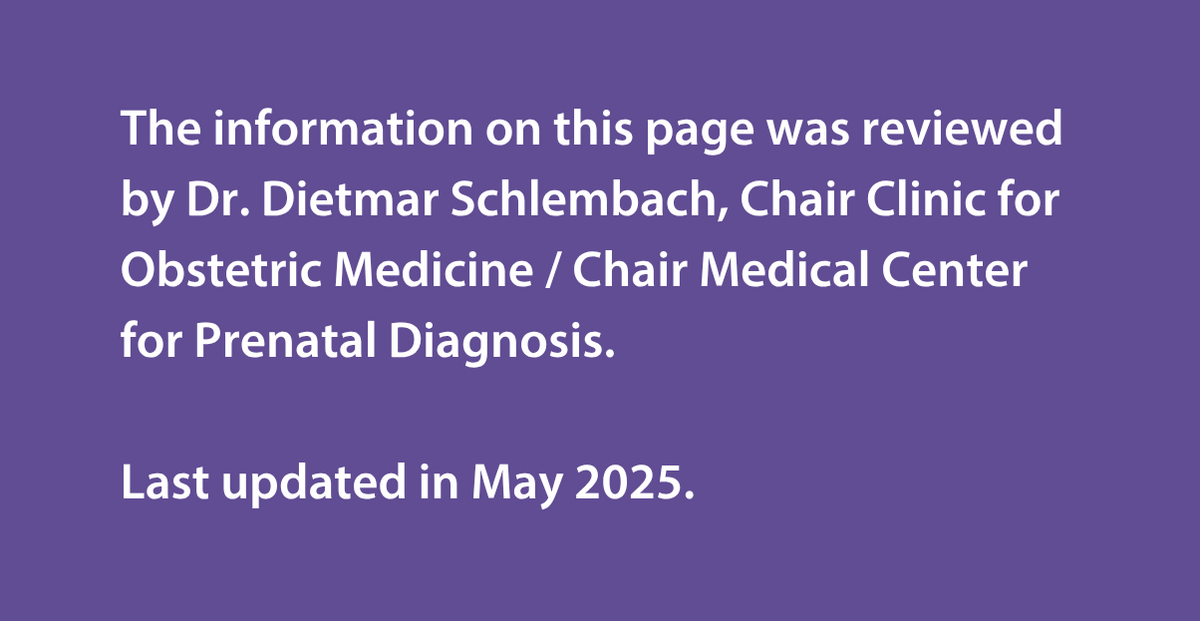
Neonatal care is the specialized care given to babies in hospital neonatal units. These units care for babies born early (before 37 weeks), babies with health problems, or those with low birth weight. They also help babies who become ill after birth. It can be confusing to understand the level of care your baby needs, as they might receive different types of care in various units depending on their condition. If you are unsure about the care your baby is getting, it is always okay to ask the staff.
There are three levels of neonatal care, categorized based on their level of specialization by the World Health Organization (WHO)⍰. However, the staff on the unit may use different names for the various levels of care due to regional differences.
Level 1 clinics, also called Basic Neonatal Care, focus on care provided mostly by the mother in a postnatal ward, with healthcare professionals overseeing but not needing to intervene much. This level is suitable for babies with mild conditions, like those with Glucose-6-phosphate dehydrogenase (G6PD) deficiency⍰ (the most common enzyme-related anemia worldwide), babies born to Hepatitis B⍰ carrier mothers, those with mild birth defects, or those needing basic monitoring or light therapy.
In Level 2 clinics, or the Intermediate Care Nursery, babies get more specialized attention. This level is for babies who are born early, have low birth weight, or need close monitoring and treatments like extra oxygen, IV fluids⍰, antibiotics⍰, or tube feeding. These babies have more complex needs but do not need intensive care. The goal here is to provide more in-depth care than routine observation.
Common equipment in Level 2 includes incubators⍰ to control temperature, heart monitors, phototherapy⍰ units, oxygen sensors, alarms for breathing problems, and infusion pumps⍰.
At the highest level, Level 3, babies go to the Neonatal Intensive Care Unit (NICU). This is for very and extremely preterm⍰ or seriously ill babies who need intensive care from highly trained nurses and doctors. These babies might need help breathing or may have had major surgeries. The NICU offers round-the-clock monitoring and advanced treatments to support these fragile newborns. Conditions that are managed in Level 3 NICUs are further introduced on the page possible complications.
In addition to Level 2 equipment, Level 3 clinics have more advanced tools, like ventilators⍰ to help babies breathe, ultrasound⍰ machines to view organs, X-ray⍰ machines, and devices to monitor blood pressure⍰ and oxygen levels.
Specialized clinics are not just for delivering babies, they are also equipped to care for your baby in the womb and take steps to keep the pregnancy going longer. This is important because the best place for your baby to grow is in your womb⍰. If it happens that your baby needs to be transferred after birth, safe transport with the right equipment is needed. Since preterm labor⍰ can happen quickly, it is best to move to a specialized clinic before any signs of labor begin. While these clinics may be relatively further from your home, the care they provide gives the best chance for a healthy outcome for both you and your baby.

